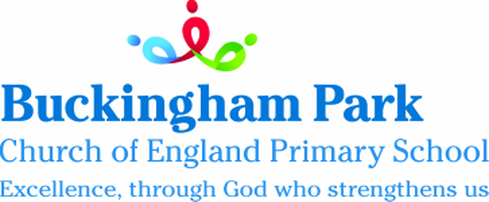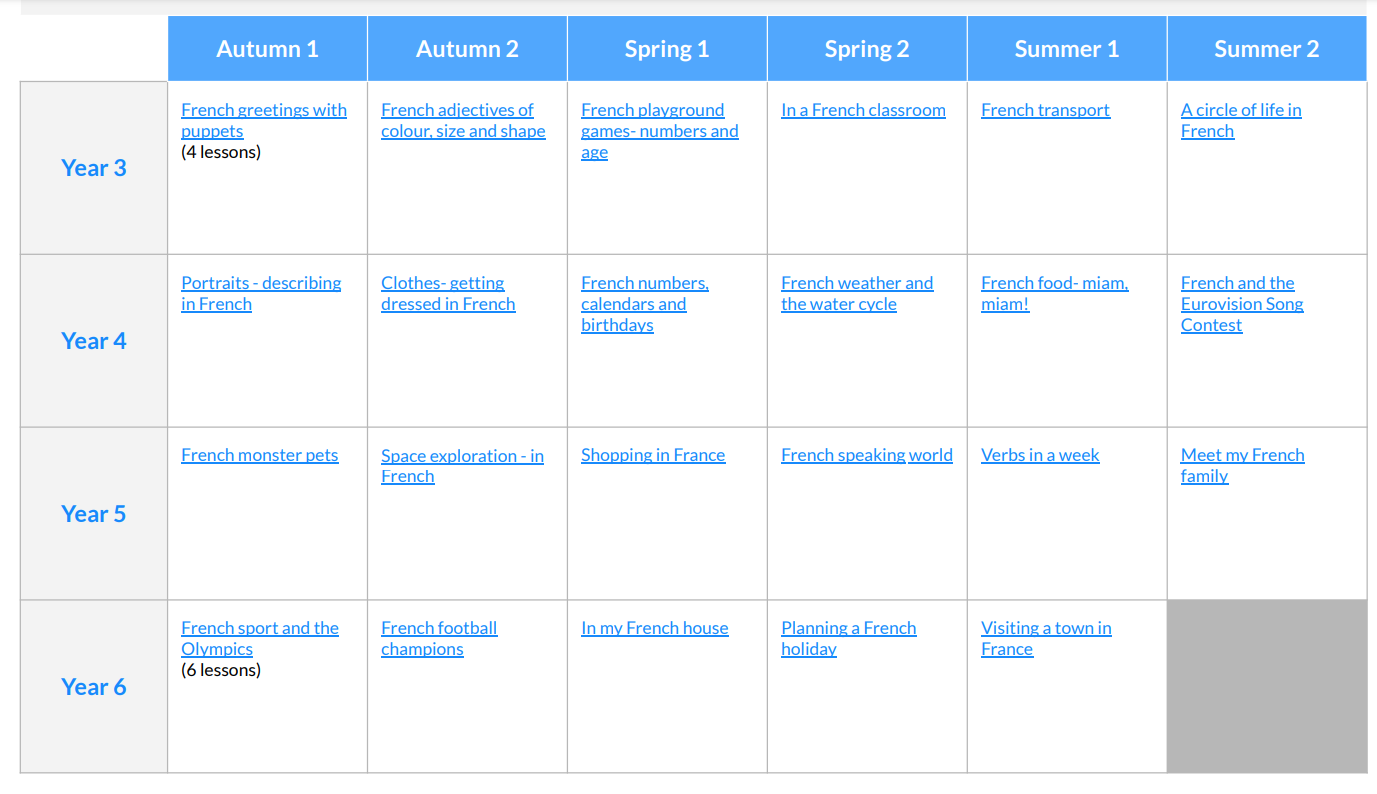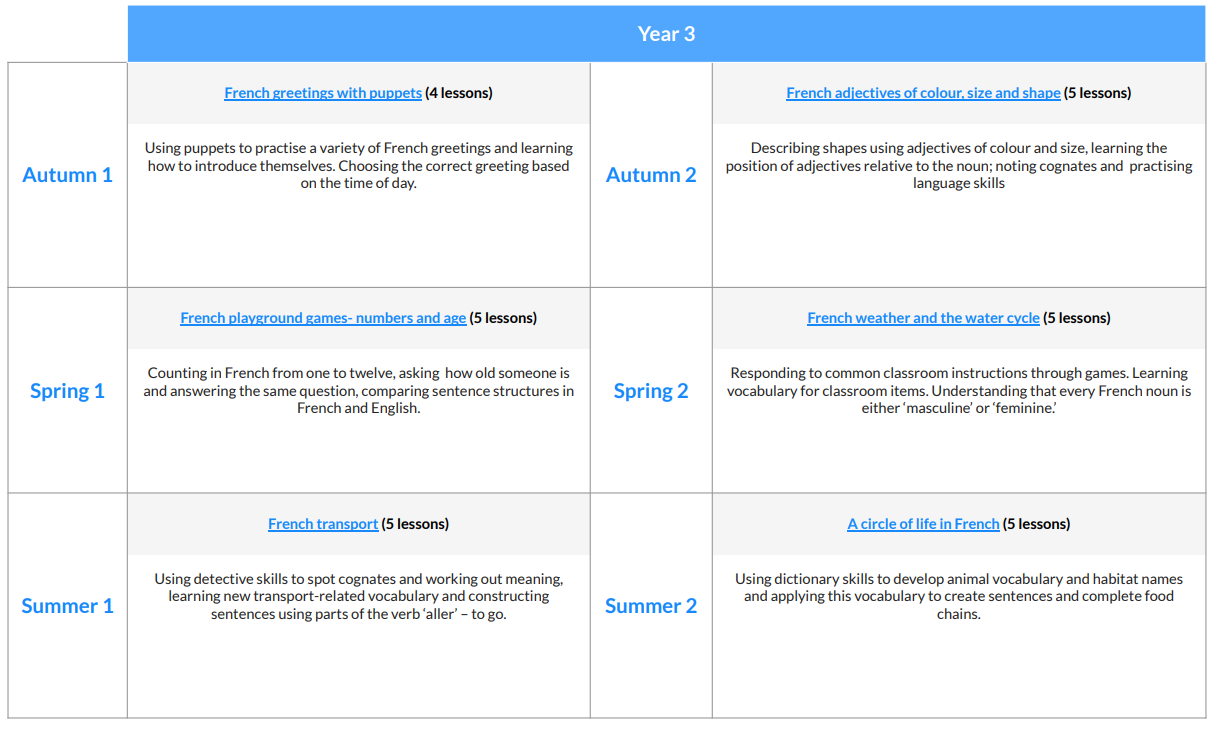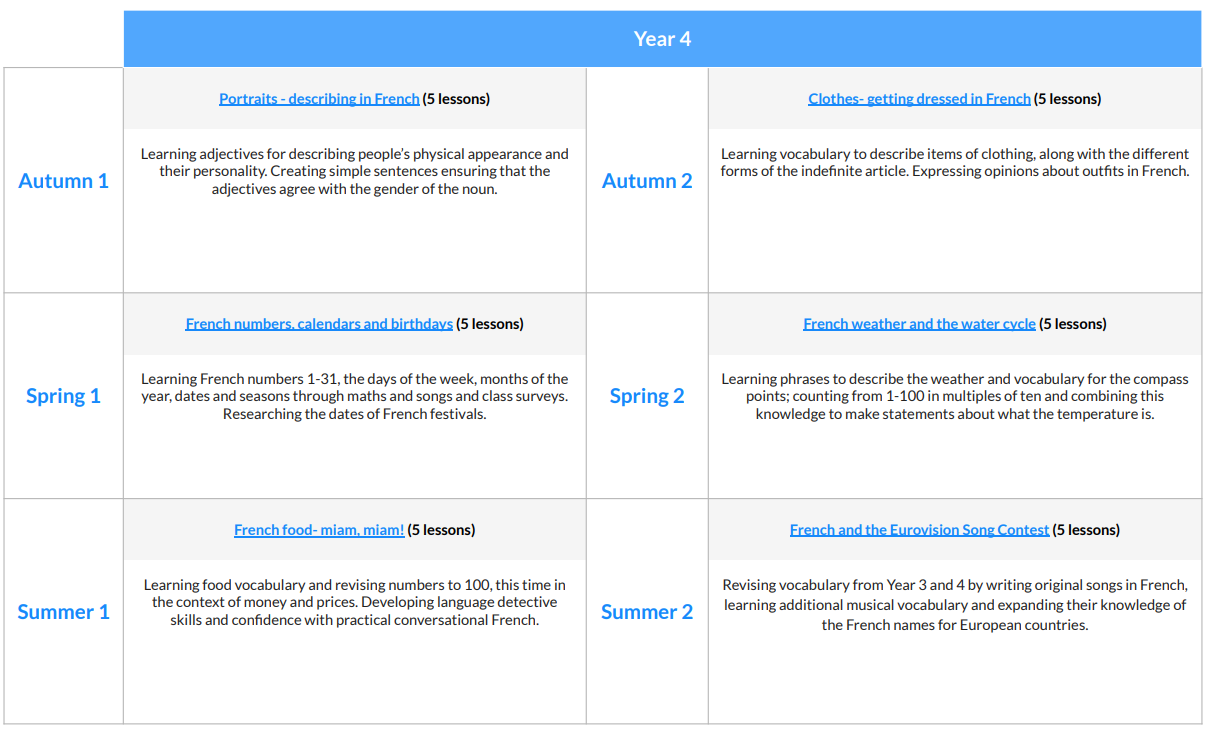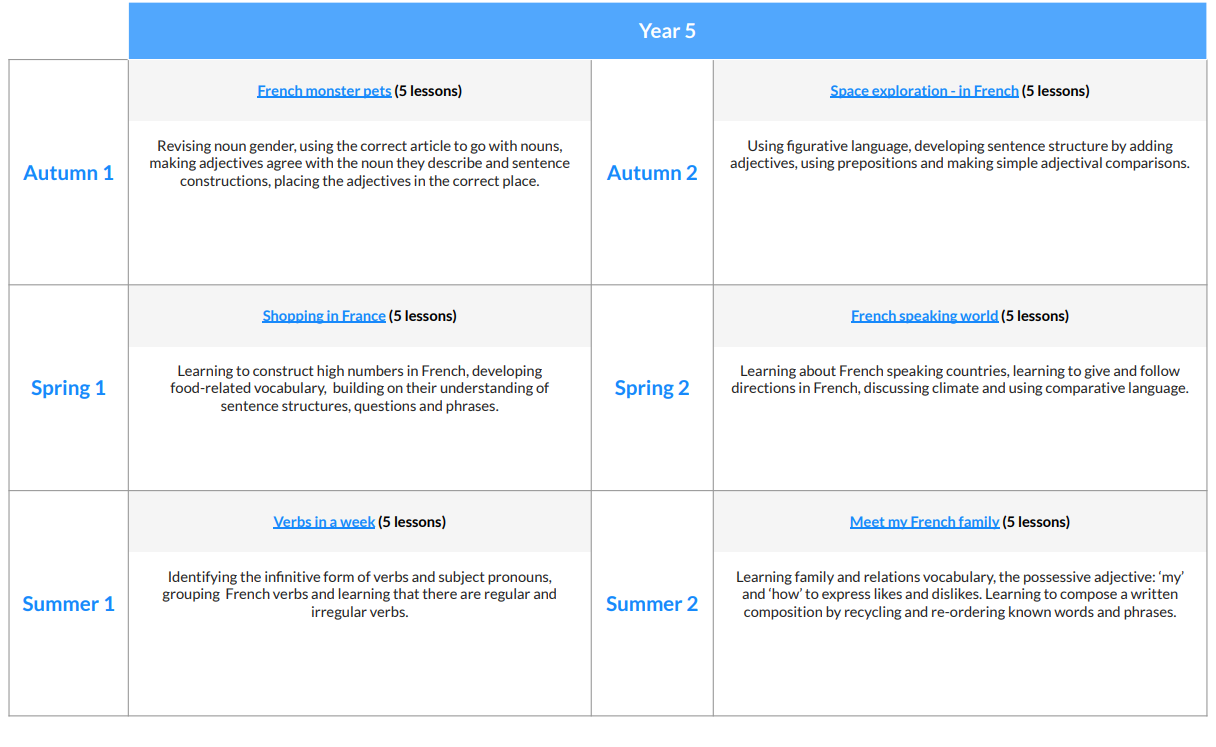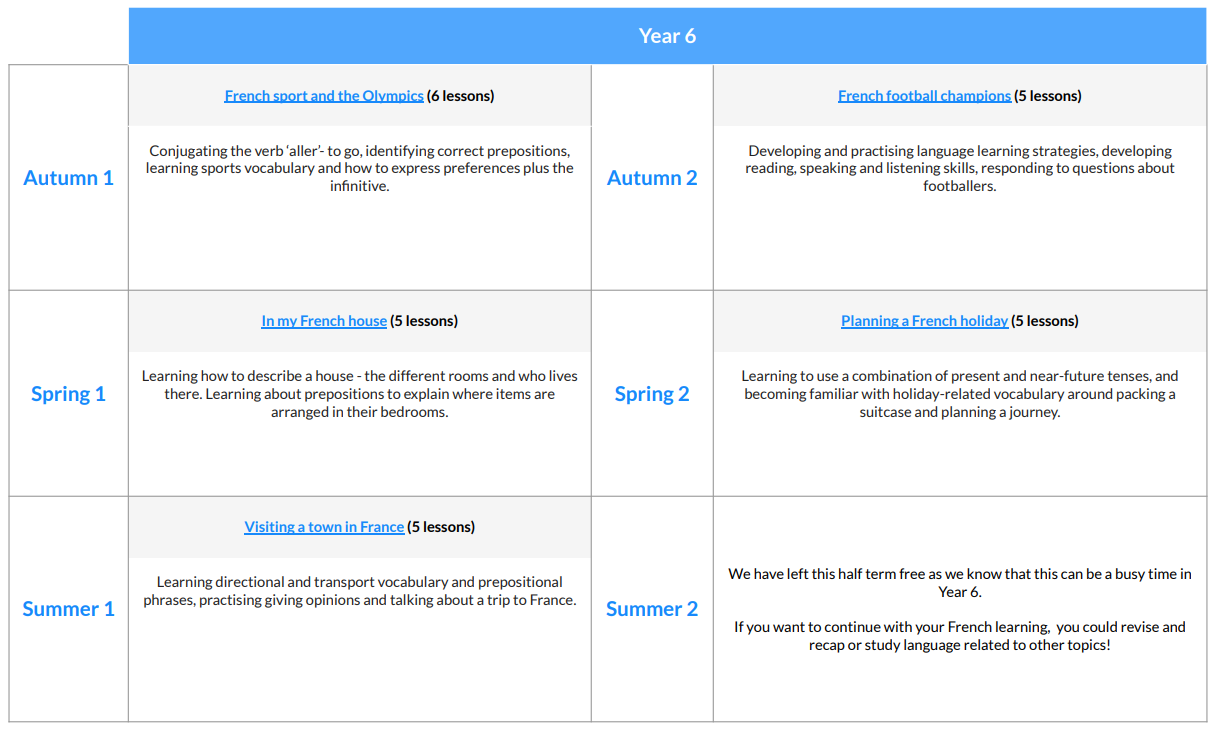Modern Foreign Languages
At Buckingham Park Church of England Primary School it is important that every member of the school community feels valued and respected, and that each person is treated fairly and well. We are a caring community, built on a clear Christian foundation and rooted in Christian values. We aim to provide the highest quality all round education, for each and every child, in partnership with parents, within the context of a Christian community. In short, ‘Excellence, through God who strengthens us’.
All school policies are therefore designed to support the way in which all members of the school can live and work together in a supportive way. It aims to promote an environment where everyone feels happy, safe and secure.
The school has a set of values that are based on Jesus’ Sermon on the Mount. These are a means of promoting good relationships, so that people can work together with the common purpose of helping everyone to learn. These values are displayed below and permeate everything we do:
All school policies are therefore designed to support the way in which all members of the school can live and work together in a supportive way. It aims to promote an environment where everyone feels happy, safe and secure.
The school has a set of values that are based on Jesus’ Sermon on the Mount. These are a means of promoting good relationships, so that people can work together with the common purpose of helping everyone to learn. These values are displayed below and permeate everything we do:
We are kind, helpful and polite
We do our best
We are honest
We share
We are peacemakers
We forgive others
We take care of everything, and everyone
We do our best
We are honest
We share
We are peacemakers
We forgive others
We take care of everything, and everyone
Intent
At Buckingham Park CE Primary School it is our intention that pupils are aware of cultures beyond those found in their own community. Our aim is to give the children a taste of cultures that can be found worldwide. This is supported through the school’s link with the school in Kenya called Nyandiwa Primary School and our multicultural days.
The nature of the approach to teaching Modern Foreign Languages (MFL) ensures that it is accessible to all children, including those with special educational needs. Learning a modern foreign language is fun and everyone can participate. The full participation of both girls and boys is encouraged and care is taken to ensure that the emphasis on whole class teaching does not disadvantage any gender group.
We aim to provide our children with a strong foundation on which to continue their language learning at secondary school. We aim to equip our children with a challenging, memorable, knowledge-rich curriculum to prepare them for the modern world. Learning another language deepens our children’s understanding of the world and encourages them to seek “life in all its fullness” by igniting aspirations for future learning, experiences and careers. It can help to develop communication skills, confidence and a curiosity of other cultures. We aim for children to use the language that they have learnt whenever possible.
We aim to use the foreign language in ordinary classroom situations, regular routines and game contexts in a way that the children find enjoyable. Some elements of the foreign language need direct teaching in actual lessons but much can be done informally and incidentally through using the language for real purposes.
At Buckingham Park, we recognise that learning a modern foreign language enables children to build an awareness of how different languages are structured. This provides links for children that are EAL between the structure of their language and the language being taught. These comparisons support bi-lingual children to excel at MFL.
The nature of the approach to teaching Modern Foreign Languages (MFL) ensures that it is accessible to all children, including those with special educational needs. Learning a modern foreign language is fun and everyone can participate. The full participation of both girls and boys is encouraged and care is taken to ensure that the emphasis on whole class teaching does not disadvantage any gender group.
We aim to provide our children with a strong foundation on which to continue their language learning at secondary school. We aim to equip our children with a challenging, memorable, knowledge-rich curriculum to prepare them for the modern world. Learning another language deepens our children’s understanding of the world and encourages them to seek “life in all its fullness” by igniting aspirations for future learning, experiences and careers. It can help to develop communication skills, confidence and a curiosity of other cultures. We aim for children to use the language that they have learnt whenever possible.
We aim to use the foreign language in ordinary classroom situations, regular routines and game contexts in a way that the children find enjoyable. Some elements of the foreign language need direct teaching in actual lessons but much can be done informally and incidentally through using the language for real purposes.
At Buckingham Park, we recognise that learning a modern foreign language enables children to build an awareness of how different languages are structured. This provides links for children that are EAL between the structure of their language and the language being taught. These comparisons support bi-lingual children to excel at MFL.
Implementation
At Buckingham Park School, our MFL provision begins with exposing children in Reception and KS1 to the foreign language. Teachers will:
• Greeting the children on a Friday in the MFL Llesson, when the teacher takes the register
• Teach the daily short prayer in the MFL. ‘Thank you lord for this fine day. Bless our friends, our work, our play’ will be said in the MFL lesson on Friday (a recording will be provided).
• Introduce children to some of the colours and the names of some of the fruits.
MFL is taught to all key stage 2 pupils through discrete lessons, which begin in Year 3. It is taught using the KAPOW primary programme of study (https://www.kapowprimary.com/subjects/french) which meets the national curriculum requirements. It ensures progression throughout key stage 2 across the four skills of listening, speaking, reading and writing. Our KS2 programme of study focuses on practical communication and children are expected to:
• Listen attentively to spoken language, join in and respond
• Explore the patterns and sounds of the language, for example through songs and rhymes
• Engage in conversations, ask and answer questions, express opinions, and seek clarification and help
• Speak in sentences using familiar vocabulary, phrases and language structures
• Develop accurate pronunciation and intonation
• Present ideas and information orally to a range of audiences
• Read carefully, showing understanding of simple writing
• Appreciate stories, songs, poems and rhymes in the language
• Develop their vocabulary, including through using a dictionary
• Write phrases from memory and adapt them to create new sentences
• Describe people, places, things and actions verbally and in writing
• Understand basic grammar
• Recognise some common nouns such as classroom furniture and equipment by providing labels for classrooms.
Whole school experiences of the MFL will be a celebration of culture including examples of music, food, religious practises and festivals.
• Greeting the children on a Friday in the MFL Llesson, when the teacher takes the register
• Teach the daily short prayer in the MFL. ‘Thank you lord for this fine day. Bless our friends, our work, our play’ will be said in the MFL lesson on Friday (a recording will be provided).
• Introduce children to some of the colours and the names of some of the fruits.
MFL is taught to all key stage 2 pupils through discrete lessons, which begin in Year 3. It is taught using the KAPOW primary programme of study (https://www.kapowprimary.com/subjects/french) which meets the national curriculum requirements. It ensures progression throughout key stage 2 across the four skills of listening, speaking, reading and writing. Our KS2 programme of study focuses on practical communication and children are expected to:
• Listen attentively to spoken language, join in and respond
• Explore the patterns and sounds of the language, for example through songs and rhymes
• Engage in conversations, ask and answer questions, express opinions, and seek clarification and help
• Speak in sentences using familiar vocabulary, phrases and language structures
• Develop accurate pronunciation and intonation
• Present ideas and information orally to a range of audiences
• Read carefully, showing understanding of simple writing
• Appreciate stories, songs, poems and rhymes in the language
• Develop their vocabulary, including through using a dictionary
• Write phrases from memory and adapt them to create new sentences
• Describe people, places, things and actions verbally and in writing
• Understand basic grammar
• Recognise some common nouns such as classroom furniture and equipment by providing labels for classrooms.
Whole school experiences of the MFL will be a celebration of culture including examples of music, food, religious practises and festivals.
MFL Year 3 to Year 6 overview
Overview by year group
Year 3
Year 4
Year 5
Year 6
Impact
In order to truly appreciate the intended vision for our curriculum, you must come in, to immerse and experience this for yourselves.
The impact of Kapow Primary’s scheme can be monitored continuously through regular formative assessment. Each lesson includes guidance to support teachers in assessing pupils against the learning objectives.
The expected impact of following the Kapow Primary French scheme of work is that children will:
-Be able to engage in purposeful dialogue in practical situations (e.g. ordering in a cafe, following directions) and express an opinion.
-Make increasingly accurate attempts to read unfamiliar words, phrases and short texts.
-Speak and read aloud with confidence and accuracy in pronunciation.
-Demonstrate understanding of spoken language by listening and responding appropriately.
-Use a bilingual dictionary to support their language learning.
-Be able to identify word classes in a sentence and apply grammatical rules they have learnt.
-Have developed an awareness of cognates and near-cognates and be able to use them to tackle unfamiliar words in French, English and other languages.
-Be able to construct short texts on familiar topics.
-Meet the end of Key Stage Two expectations outlined in the national curriculum for Languages.
The impact of Kapow Primary’s scheme can be monitored continuously through regular formative assessment. Each lesson includes guidance to support teachers in assessing pupils against the learning objectives.
The expected impact of following the Kapow Primary French scheme of work is that children will:
-Be able to engage in purposeful dialogue in practical situations (e.g. ordering in a cafe, following directions) and express an opinion.
-Make increasingly accurate attempts to read unfamiliar words, phrases and short texts.
-Speak and read aloud with confidence and accuracy in pronunciation.
-Demonstrate understanding of spoken language by listening and responding appropriately.
-Use a bilingual dictionary to support their language learning.
-Be able to identify word classes in a sentence and apply grammatical rules they have learnt.
-Have developed an awareness of cognates and near-cognates and be able to use them to tackle unfamiliar words in French, English and other languages.
-Be able to construct short texts on familiar topics.
-Meet the end of Key Stage Two expectations outlined in the national curriculum for Languages.
